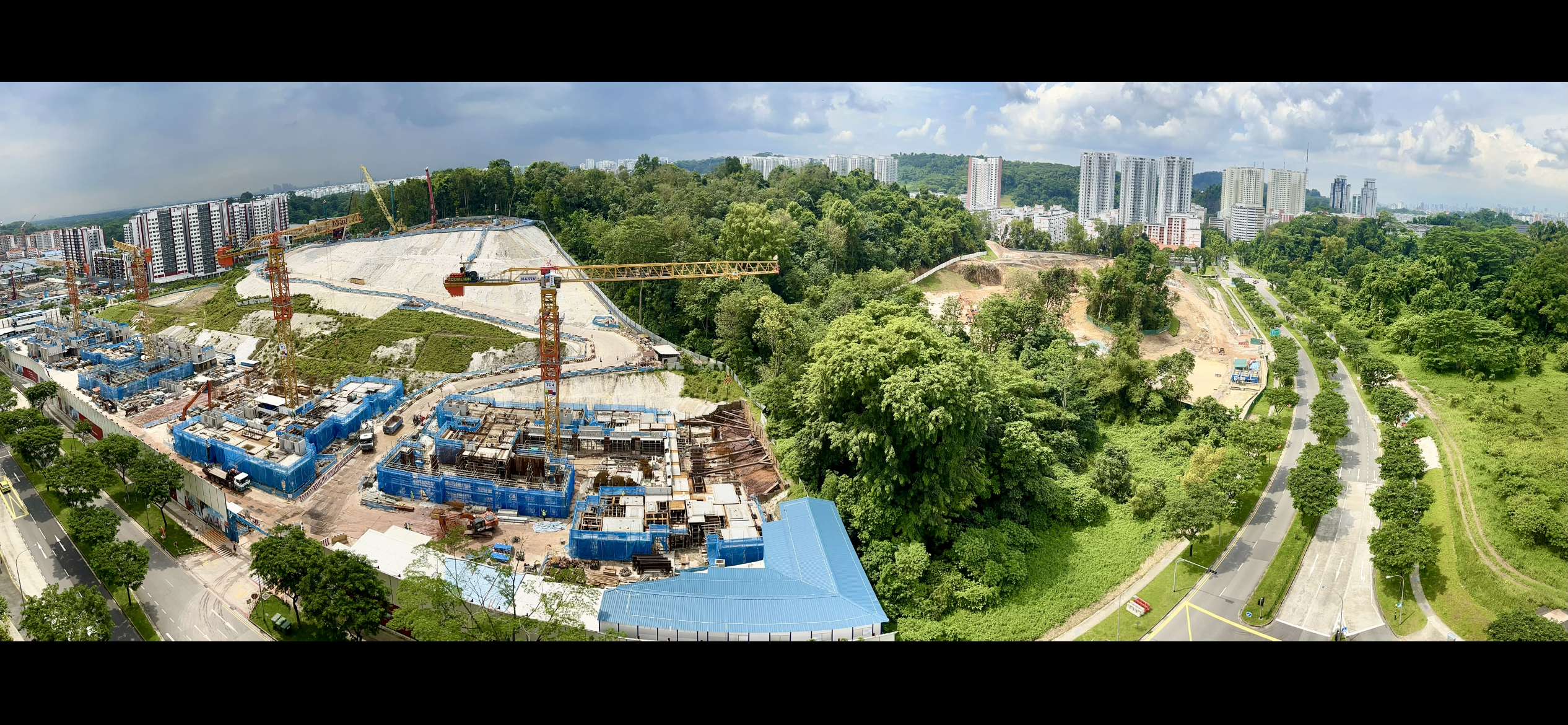July 2014
-
Nature is my true home
Nature is my second home, if not my true home, where I find solace and refuge from the madness and chaos of the consumerist and exploitative system and mindset of the world. Continue reading
-
Thoughts on E-poll on Public Cleanliness for Sustainable Singapore Blueprint Review
I received an email from NParks Singapore that says: “The Ministry of the Environment and Water Resources wants to hear from you on attitudes towards littering and what can be done to get everyone to come together to keep Singapore clean. Fill in an online survey at http://bit.ly/1qzxqEn. The survey will be open from now… Continue reading
